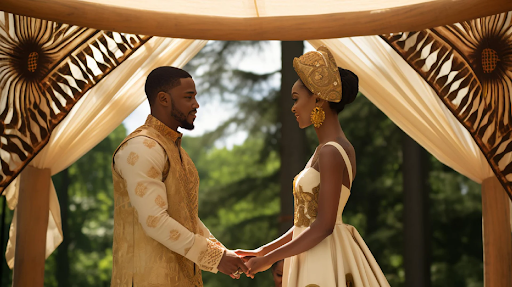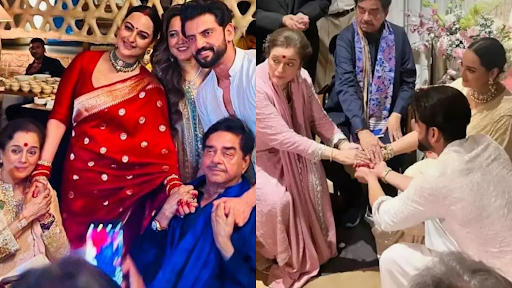Introduction
Marriage is a journey of love and commitment. Cultural celebrations during weddings add meaning and richness to this union. They honor the couple’s backgrounds and traditions while connecting families, communities, and generations. Cultural celebrations play a pivotal role in shaping the marital journey.
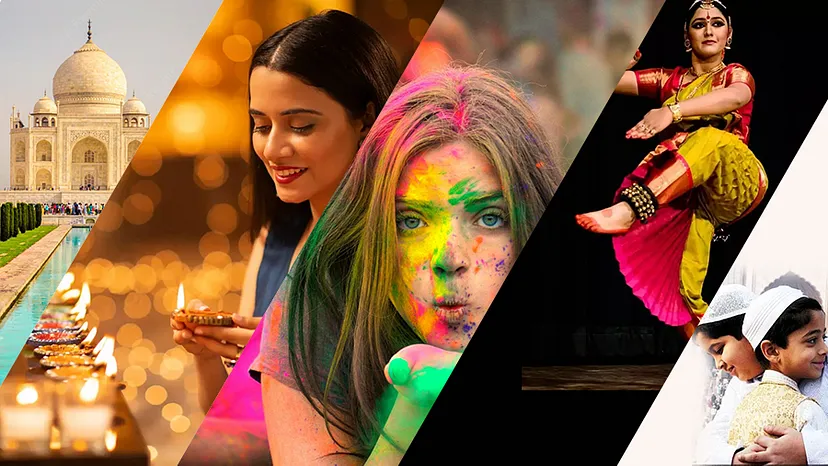
The Significance of Cultural Celebration
Cultural celebration is an essential aspect of any wedding, regardless of the couple’s background. It’s a way to honor the couple’s heritage, traditions, and values. While also introducing them to each other’s customs and beliefs. Cultural celebration can take many forms, from traditional ceremonies to music, dance, food, and attire.
How Cultural Celebration Brings Couples Together
Shared Experience:
When couples share their cultural celebrations with each other, they create a shared experience that strengthens their bond. It’s an opportunity for them to learn about each other’s traditions and values.
Family involvement:
Cultural celebrations often involve family members, which can bring couples closer to their respective families. This can help build bridges between families and create a sense of unity.
Emotional Connection:
Cultural celebrations evoke strong emotions, from joy and excitement to sadness and nostalgia. Sharing these emotions with each other can create a deep emotional connection between the couple.
Sense of belonging:
When couples celebrate their cultural heritage together, they feel a sense of belonging to each other’s culture. This can be especially important for couples from diverse backgrounds.
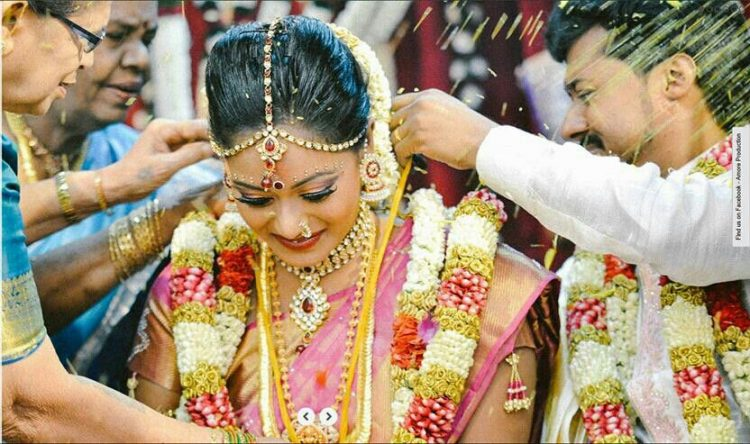
Cultural Celebrations in Different Cultures
- Indian Weddings:
Indian weddings are renowned for their grandeur and vibrant cultural celebrations. The Baraat (procession), Mehndi ceremony (henna application), and Sangeet (musical performance) are just a few examples of the many cultural celebrations that take place during an Indian wedding.
- African Weddings:
African weddings are characterized by energetic music, dance, and colorful attire. The Kente cloth ceremony, where the couple is draped in traditional cloth, is a significant part of many African wedding celebrations.
- Chinese Weddings:
Chinese weddings often incorporate traditional elements like the Tea Ceremony, where the couple serves tea to their parents as a symbol of respect. The Dragon and Lion Dance performances are also a popular feature.
- Latin American Weddings:
Latin American weddings are known for their lively music and dance. The Salsa or Mariachi performances are often accompanied by colorful costumes and energetic dancing.
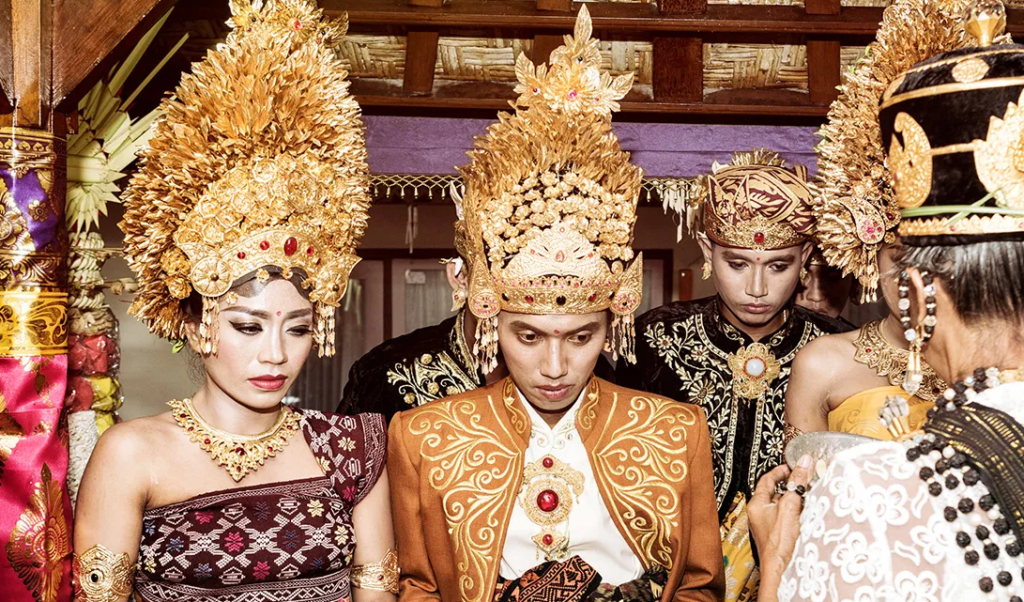
Tips for Incorporating Cultural Celebrations into Your Wedding
- Preserving Heritage and Identity:
In marriage, cultural celebrations connect couples to their ancestral heritage and identity. They allow couples to honor customs, rituals, and values passed down through generations. Whether it’s through ceremonies, attire, or food, these celebrations highlight each partner’s cultural roots and strengthen their connection to a wider cultural heritage.
- Uniting Families and Communities:
Weddings bring families and communities together, and cultural celebrations enhance this unity. They are gatherings where relatives, friends, and neighbors celebrate the union of two people. By including cultural dances, songs, or rituals, couples promote inclusivity and strengthen bonds among diverse social groups.
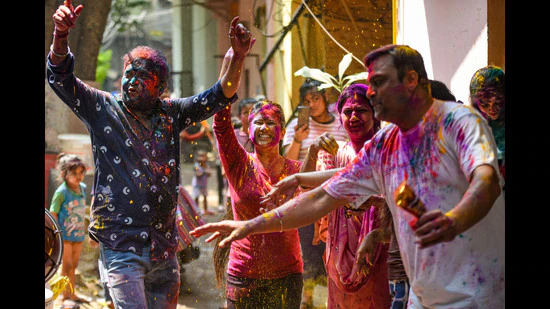
- Educating and passing down traditions:
Cultural celebrations in marriage teach younger generations about their heritage. Kids and younger family members learn traditions, values, and histories, preserving cultural practices and fostering pride in their roots.
- Symbolism and rituals:
Cultural celebrations in marriage teach younger generations about their heritage. Kids and younger family members learn traditions, values, and histories, preserving cultural practices and fostering pride in their roots.
- Enhancing the Wedding Experience:
Cultural celebrations make weddings more authentic and personal. They add memorable moments that reflect the couple’s identity and values, turning the ceremony into a vibrant showcase of cultural expressions through music, decorations, and attire.
- Building Bridges Between Cultures:
In multicultural marriages, cultural celebrations bridge diverse backgrounds and foster understanding between families from different cultures. By blending elements from each partner’s culture, couples show respect for their differences and create a shared space to celebrate cultural diversity.
- Embracing Modern adaptations:
Cultural celebrations in weddings honor tradition while adapting to modern preferences. Couples creatively blend elements from different cultures or reinterpret rituals to reflect their unique relationship and contemporary values, making their wedding authentic and meaningful.

Conclusion
In conclusion, cultural celebrations in marriage are meaningful expressions. This includes heritage, unity, and love. They showcase the beauty of cultural diversity, bringing families and communities together.
It also preserves traditions. Embracing these celebrations enriches the marital journey. And Tips for Incorporating Cultural Celebrations into Your Wedding Depth and a strong connection to both past andfuture.
Whether you’re planning an intimate gathering, you must incorporate cultural elements into your wedding. It will make your event truly unforgettable. So why not take this opportunity to learn more about each other’s cultures and traditions? Your wedding will be all the richer for it.
